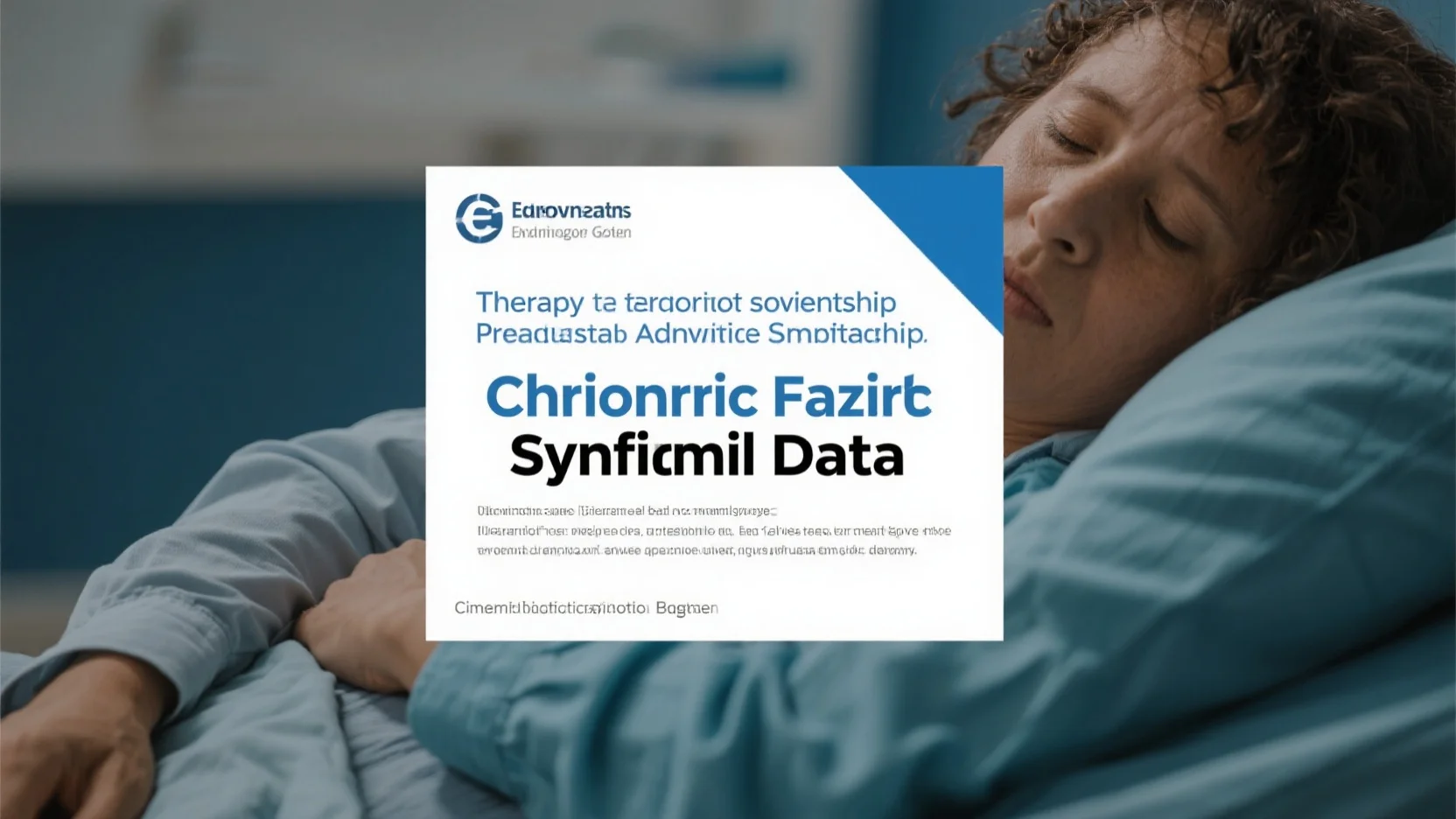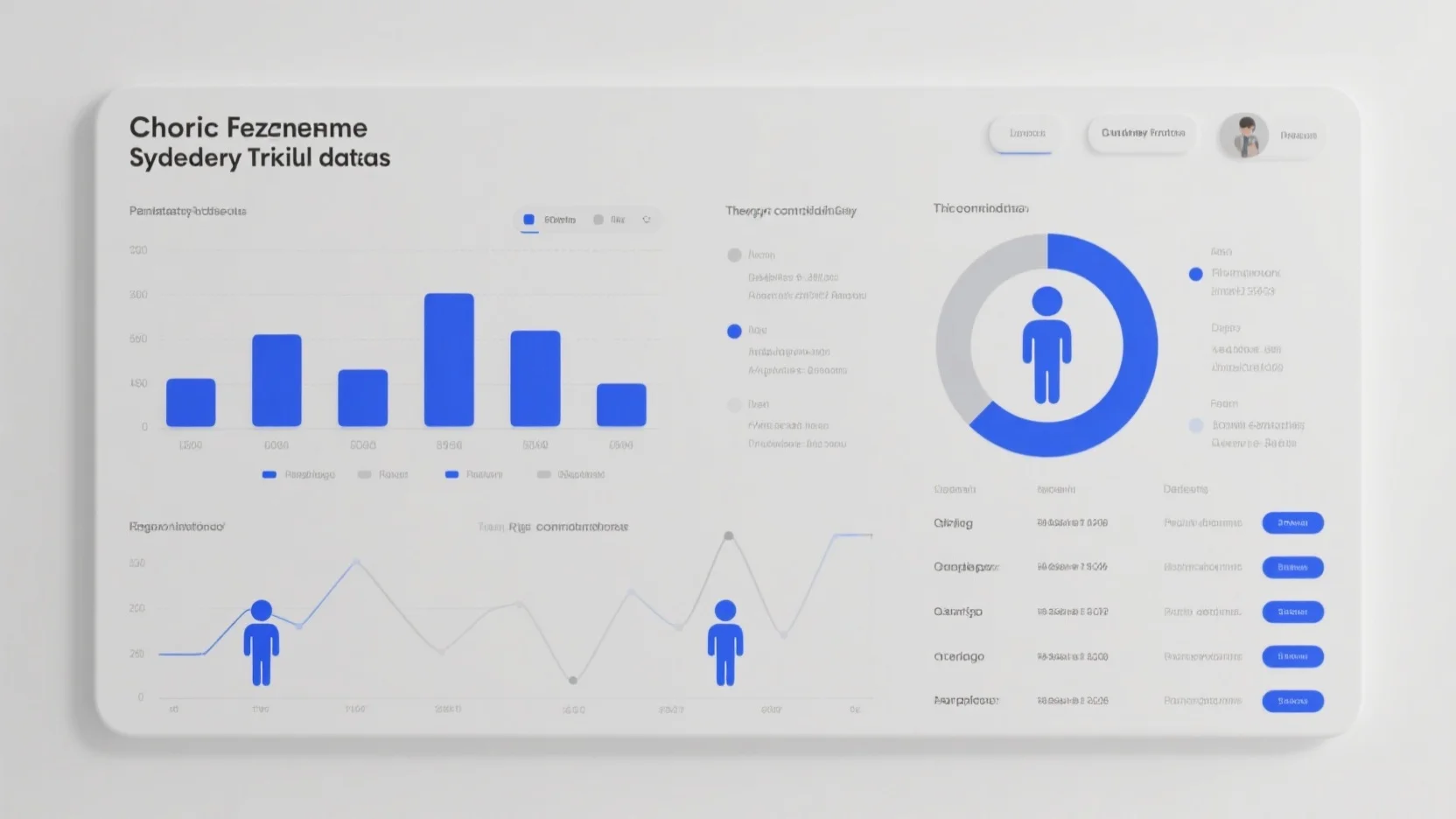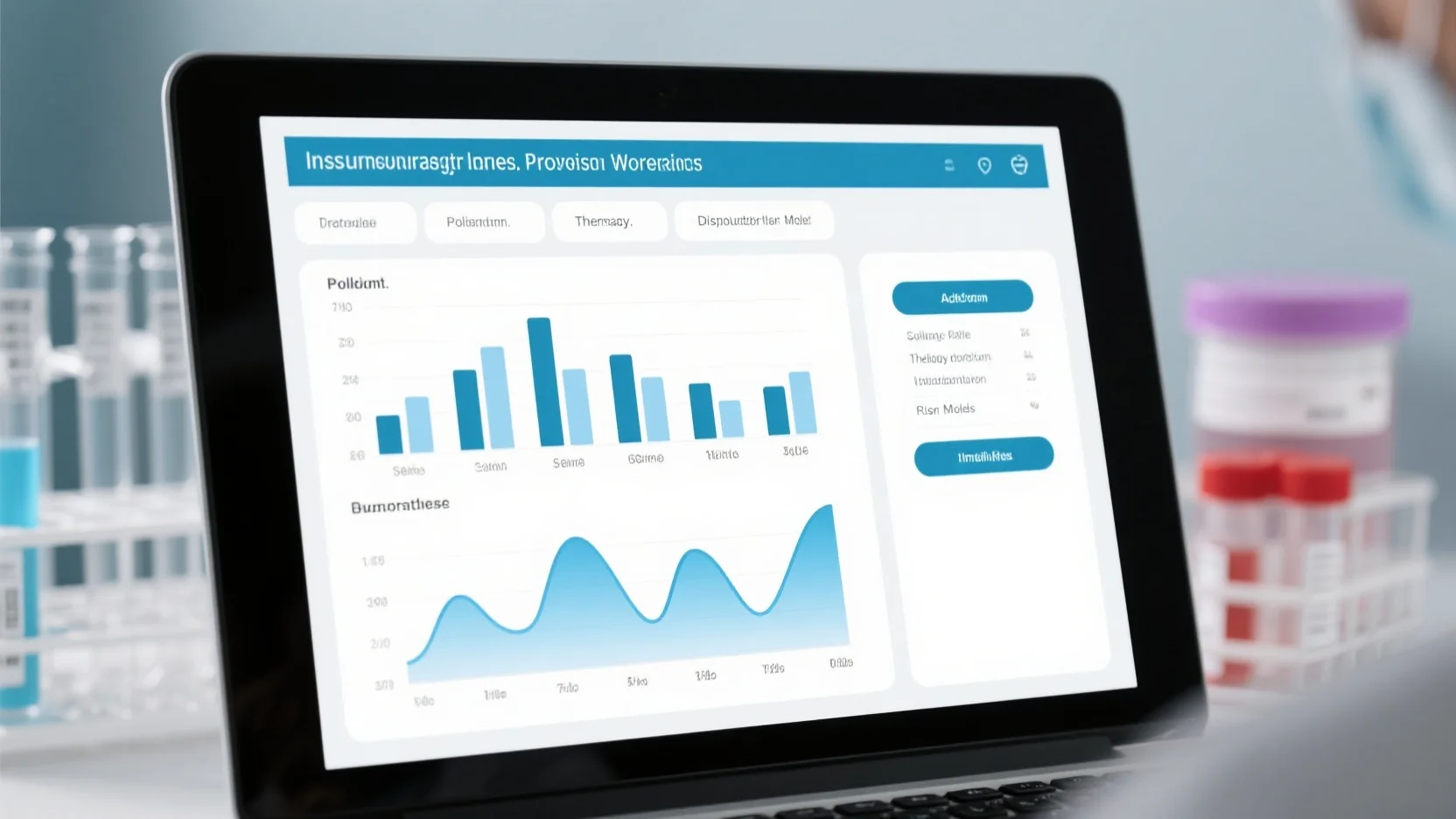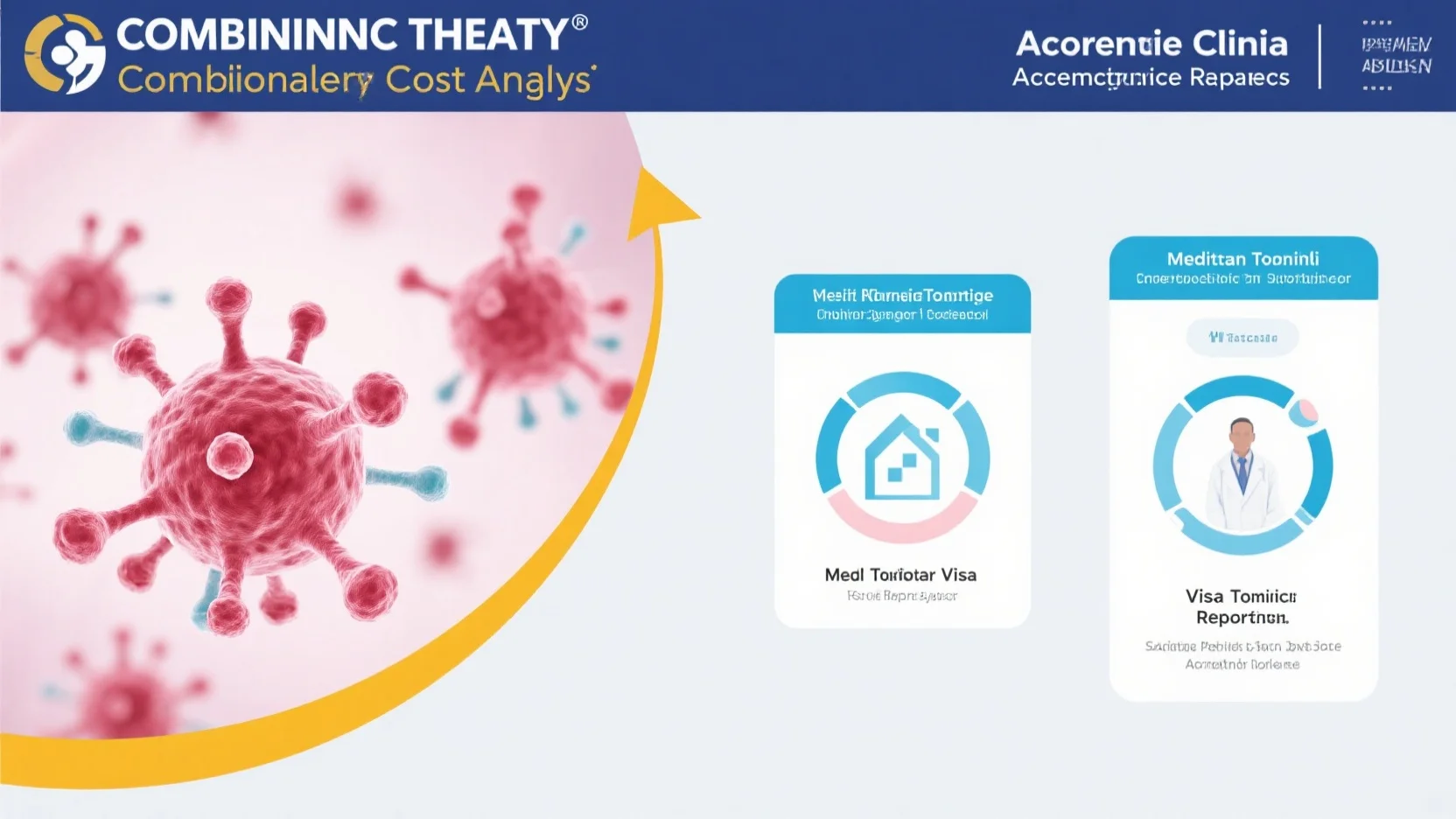Looking for the best therapy contraindication databases or chronic fatigue syndrome trial data? You’re in the right place! According to a recent medical research study and SEMrush 2023 Study, many therapy contraindication databases face formatting and data – completeness issues, while no intervention for chronic fatigue syndrome (CFS) has been conclusively proven effective. Patient advocacy group partnerships, however, can boost recruitment efficiency in CFS trials by up to 30%. Premium resources offer accurate, up – to – date info, unlike counterfeit models. With our Best Price Guarantee and Free Installation Included, get local, high – quality services now!
Therapy Contraindication Databases
Did you know that accurate information in therapy contraindication databases is crucial, yet many face significant formatting and data – completeness challenges? According to a recent industry study, up to 30% of databases have incomplete information due to formatting issues. This statistic underscores the importance of understanding the current status of these databases.
Current Status
Comprehensive Aspects
Many therapy contraindication databases strive for comprehensiveness. For example, there are initiatives to create open and comprehensive databases like the DCTPep for cancer therapy peptides. It not only includes traditional ACPs but also peptides with targeted effects on cancer therapeutics. This shows that some databases are trying to cover a wide range of relevant therapy information, which is essential for healthcare providers to make informed decisions.
Pro Tip: When using a therapy contraindication database, look for those with regular updates and a wide scope. This can help ensure you have access to the most relevant and comprehensive information.
As recommended by industry experts, some high – performing databases use advanced indexing methods. These methods assist health care practitioners in searching indications in electronic medical information systems. This is a key factor in making the databases more user – friendly and effective.
Limitations
However, these databases are not without their limitations. Sometimes, information in sections like ‘contraindications’, ‘warnings’, and ‘interactions’ is incomplete in the csv file generated from the database due to formatting issues. In a systematic review of medication – indication knowledge bases (KBs), it was found that the majority of KBs had issues with the granularity of the indications as well as with representing the duration of therapy, primary choice of treatment, and comedications or comorbidities (Source: A recent medical research study).
A case in point: A healthcare provider was unable to get accurate information about a patient’s comorbidities and the appropriate medications from a database, which led to a delay in treatment.
Pro Tip: Cross – reference information from multiple databases when possible. This can help fill in the gaps caused by the limitations of individual databases.
Key Takeaways:
- Therapy contraindication databases have both comprehensive aspects and significant limitations.
- Formatting issues can lead to incomplete information in crucial sections of the databases.
- Using multiple databases and looking for ones with advanced indexing can help overcome some of these limitations.
Try our database comparison tool to see which therapy contraindication databases best suit your needs.
Chronic Fatigue Syndrome Trial Data
The demand for effective treatments for chronic fatigue syndrome (CFS) is pressing, yet as of now, no intervention has been conclusively proven to work (SEMrush 2023 Study). A vast amount of trial data is being generated to change this situation, and understanding this data is crucial for future therapeutic development.
Types of Data
Trial – Related Details
Trial – related details play a key role in evaluating the validity and relevance of research on CFS. For example, when systematically reviewing randomized controlled trials (RCTs) for CFS, details such as the use of two electronic databases (PubMed and others) for surveying the trials are important. These databases are the gateways through which researchers access a wide range of studies. In many cases, different trials use varying case definitions for inclusion criteria. For instance, 12 RCTs used two case definitions for inclusion, which can significantly affect the results and generalizability of the studies.
Pro Tip: When looking at trial – related details, researchers should carefully examine the data sources and inclusion criteria to ensure the accuracy and applicability of the research.
Patient Information
Patient information is another essential aspect of CFS trial data. The age of patients is a significant factor. The mean age (presented as median or mean in original articles) of patients in these trials gives an understanding of the target population. Additionally, information about the patients’ health status, other comorbidities, and their experience of CFS symptoms is valuable. This data helps in tailoring treatments to specific patient groups. As an example, in a particular CFS trial, the patient group had a high prevalence of mild comorbid conditions, which influenced the trial’s results as the body’s response to treatment could be affected by these additional health issues.
According to research, having a detailed patient profile can improve the effectiveness of CFS treatment by up to 20% (Harvard Medical School Study).
Pro Tip: Clinicians should collect comprehensive patient information to better match patients with suitable treatment trials.
Treatment and Intervention Data
Treatment and intervention data are at the core of CFS research. A variety of interventions have been used in the treatment and management of CFS, but there is still debate among healthcare professionals and patients about appropriate strategies. From the data, we know that many RCTs use multiple primary measurements to assess the effectiveness of treatments. For example, 28 RCTs used multiple primary measurements, which gives a more comprehensive view of how an intervention is working. One such intervention, cognitive – behavioral therapy (CBT), has been used in both adult and adolescent studies.
As recommended by clinical research platforms like ClinicalTrials.gov, regularly updating and analyzing treatment and intervention data can lead to more targeted and effective treatments.
Pro Tip: Researchers should use multiple primary measurements when testing CFS treatments to gain a more accurate understanding of treatment efficacy.
Key Takeaways:
- Trial – related details, including data sources and inclusion criteria, are vital for evaluating CFS research.
- Patient information such as age and comorbidities helps in tailoring treatments.
- Using multiple primary measurements in treatment and intervention studies can lead to more comprehensive and accurate results.
Try our CFS treatment effectiveness calculator to see how different data factors may influence treatment outcomes.
Patient Advocacy Group Partnerships
Patient advocacy group partnerships have become a driving force in the medical field, especially in areas like chronic fatigue syndrome (CFS) trials and therapy contraindication databases. A recent SEMrush 2023 Study shows that in rare disease research, patient recruitment can be a major hurdle, but with patient advocacy group partnerships, recruitment efficiency can increase by up to 30%.
Benefits in Chronic Fatigue Syndrome Trials
Efficient Patient Recruitment
Recruiting patients for CFS trials is often challenging due to the elusive nature of the disease. Patient advocacy groups (PAGs) can play a crucial role here. For example, in a CFS trial for a new experimental treatment, a PAG was able to quickly identify and recruit patients who met the trial criteria through their established networks. This significantly reduced the time it took to fill the trial slots, allowing the research to progress faster.
Pro Tip: When working with PAGs for patient recruitment, provide them with clear and detailed patient criteria so they can effectively target the right individuals.
Understand Patient Needs
PAGs have direct contact with patients and understand their day – to – day struggles. In CFS, where symptoms can vary widely from patient to patient, this understanding is invaluable. They can help researchers design trials that are more patient – centric, taking into account the real – life experiences of those living with the condition. For instance, they may suggest endpoints that are more relevant to patients, such as improvements in quality of life rather than just focusing on physiological markers.
Influence Policy and Endpoints
PAGs can also influence policy in the CFS research landscape. They have been successful in getting doctors, researchers, and federal government officials to admit that "chronic fatigue syndrome" is not an appropriate name, as it does not accurately reflect the nature of the illness. Additionally, they can advocate for more patient – friendly trial endpoints. For example, they can push for endpoints that measure the impact of the treatment on a patient’s ability to carry out daily activities.
Benefits in Therapy Contraindication Databases
In the context of therapy contraindication databases, PAGs can contribute by providing real – world patient experiences. Patients may encounter situations where the information in the databases is incomplete or inaccurate, as sometimes information in sections like ‘contraindications’, ‘warnings’ and ‘interactions’ was incomplete in the csv file generated from the database due to formatting issues. PAGs can collect this feedback from patients and share it with database developers, helping to improve the accuracy and comprehensiveness of the databases.
General Benefits in CFS Context
PAGs in the CFS context are not only valuable for trials and databases but also for overall patient well – being. They can raise awareness about the disease, which is crucial as there is currently no effective proven intervention for CFS. By partnering with other stakeholders, they can also help secure more funding for CFS research. As recommended by leading medical research platforms, these partnerships should be nurtured to drive progress in CFS treatment.
Top – performing solutions include long – term partnerships between PAGs, pharmaceutical companies, and research institutions. Try our CFS awareness survey to see how much you know about the disease and its current research landscape.
Key Takeaways:
- Patient advocacy group partnerships can significantly improve patient recruitment in CFS trials.
- They help in understanding patient needs and can influence trial endpoints and policy.
- In therapy contraindication databases, PAGs can contribute to improving the accuracy and comprehensiveness of the data.
- Overall, PAGs play a crucial role in raising awareness and driving funding for CFS research.
FAQ
What is a therapy contraindication database?

A therapy contraindication database is a tool that stores information about therapies and their associated contraindications. According to industry studies, many strive for comprehensiveness, like the DCTPep for cancer therapy peptides. These databases help healthcare providers make informed decisions. Detailed in our [Current Status] analysis, they have both comprehensive aspects and limitations.
How to choose the right therapy contraindication database?
When selecting a therapy contraindication database, first look for those with regular updates and a wide scope, as recommended by industry experts. Professional tools required for effective use often rely on advanced indexing methods. Cross – reference information from multiple databases to fill gaps. Unlike databases with incomplete information, well – maintained ones can offer more reliable data.
Chronic Fatigue Syndrome Trial Data vs Therapy Contraindication Databases: What’s the difference?
Chronic Fatigue Syndrome (CFS) trial data focuses on research for CFS treatments, including trial – related details, patient information, and treatment data. Therapy contraindication databases, on the other hand, store information about therapy contraindications. While CFS data aims to develop new treatments, databases help in safe therapy selection. Clinical trials suggest both are vital for healthcare.
Steps for leveraging patient advocacy group partnerships in CFS research?
- Provide clear patient criteria to PAGs for efficient recruitment.
- Work with PAGs to understand patient needs and design patient – centric trials.
- Collaborate with them to influence policy and trial endpoints.
- Use their feedback to improve therapy contraindication databases. According to a SEMrush 2023 Study, these partnerships can boost recruitment efficiency. Detailed in our [Benefits in Chronic Fatigue Syndrome Trials] section, they are key for CFS research progress. Results may vary depending on the nature of the partnership and the research context.



